If you travel regularly or for a prolonged length of time, you may have experienced motion sickness.
Motion sickness can include sea sickness, motor vehicle sickness, air sickness and symptoms experienced during extreme visual stimulation e.g. watching large screen cinema films. Seasickness is the most common form of motion sickness.
It is caused by unusual and contradictory sensory information between the visual (eyes), vestibular (ears) and somatosensory (physical position) systems. Motion sickness does not arise from gut problems. Women and children over the age of 3 years are more commonly affected than men.
It is also likely that other factors such as travel related anxiety may make an individual more susceptible to motion sickness, particularly those who have experienced symptoms previously.

Symptoms
- Nausea and vomiting
- Cold sweats
- Gastric discomfort
- Dizziness
- Paleness
- Drowsiness and lethargy may follow
Prevention
Prevention of motion sickness is easier than treatment so plan ahead if you have suffered previously.
- Reduce sensory input by closing the eyes or lying down where this is feasible
- During travel by air request a seat in the mid-section of the cabin where movements are less pronounced and over the wings
- Avoid reading as this may exacerbate the condition
- Look ahead rather than to the side, fixing gaze on horizon or some other immobile point
- Keep cool, do not over heat
- Alcohol, tobacco and food smells may exacerbate the condition
- Acupressure wrist bands are a popular preventative measure although the benefit remains unproven
- Sleep if you can
- Ginger is a traditional “natural” remedy for nausea and vomiting although how and why this works is not fully established
- Eat a light, easily digestible meal before setting out, and take some dry crackers with you during the journey. Avoid dairy products, heavy and fatty meals prior to travel
- Try to avoid other passengers whom are vomiting
- Certain medication – for example, antihistamine drugs have been found to be effective. The principle adverse effect being drowsiness but impaired psychomotor performance, dry mouth and headache may also occur. Consult with your doctor prior to travel if you usually experience severe motion sickness

Written by Catherine Keil (Nurse Practitioner Travel Health and Immunisations, Travel Health Practitioner Pty Ltd), Friday 5th July 2019












